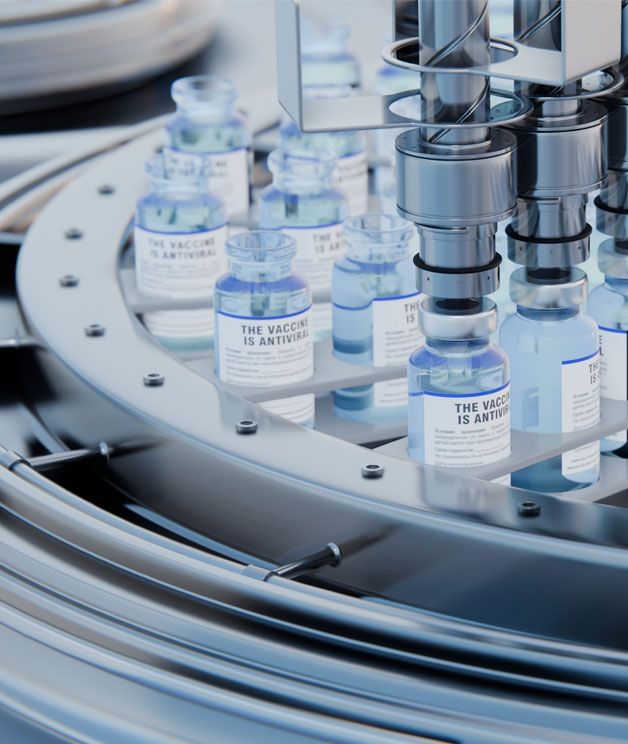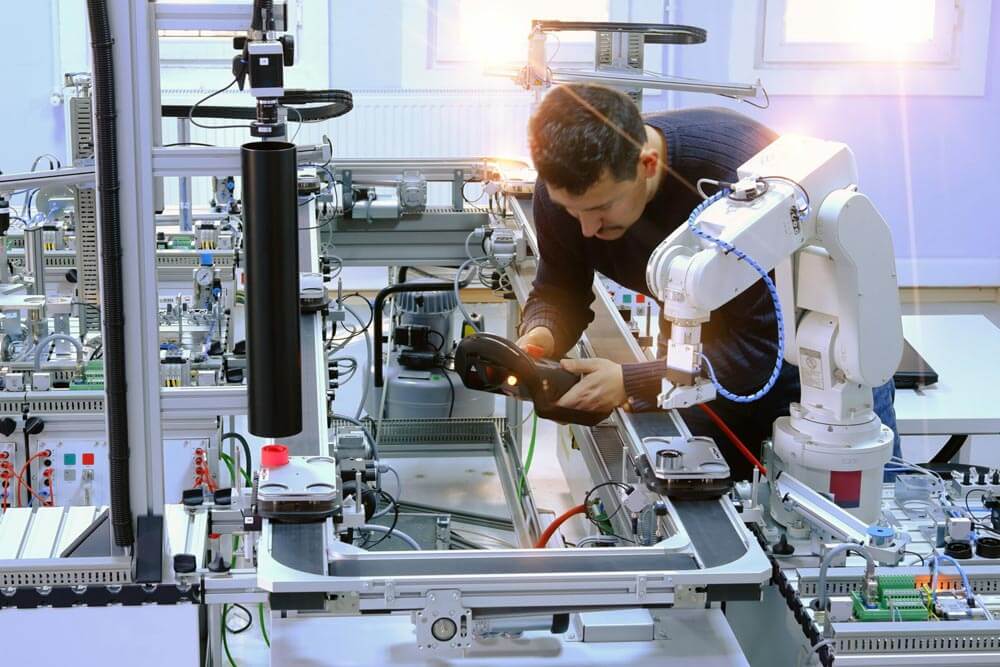In the medical industry, precision, repeatability, and compliance with stringent regulatory standards are essential for manufacturing high-performance medical devices. From robotic surgical systems to diagnostic imaging equipment, servo motors enable precise motion control, high-speed automation, and scalable production.
Their closed-loop control systems, high-resolution encoders, and advanced feedback mechanisms ensure real-time position correction, adaptive torque control, and controlled acceleration profiles, making them indispensable throughout the entire product lifecycle—from prototyping to full-scale manufacturing.
As demand grows for miniaturized, high-precision components, servo-driven automation remains critical to maintaining sub-micron accuracy and meeting the exacting standards of modern medical technology.
Key Benefits of Servo Motors in the Medical Industry
1. Precision and Repeatability
Servo motors utilize closed-loop feedback control systems to dynamically regulate speed, position, and torque with high precision. In medical device manufacturing, where micron-level tolerances directly impact functionality and reliability, these systems continuously adjust motor performance through high-resolution encoders and real-time error correction algorithms. This level of motion accuracy and responsiveness is essential for ensuring consistent, defect-free production in applications requiring sub-micron precision and stringent quality control.
Applications:
- Automated assembly of surgical instruments with tight tolerances
- Precision laser cutting for stents, implants, and medical tubing
- Robotic-assisted procedures requiring controlled movements
2. Reliability for High-Stakes Applications
Medical tools and devices must perform flawlessly in critical, high-stakes environments where precision, reliability, and safety are paramount. Servo motors, designed for high-reliability applications, ensure smooth operation, minimal downtime, and long-term stability under demanding conditions. Their precise torque and speed control optimize production efficiency, uphold quality standards, and meet regulatory requirements. Additionally, real-time feedback mechanisms detect and compensate for load variations and external disturbances, enhancing process consistency and equipment longevity.
Applications:
- Syringe and catheter production, where uniformity is key
- Diagnostic imaging systems, such as MRI and CT scan equipment
- Automated testing machines for quality control in medical labs
3. Customization and Scalability
 Servo motors are available in various sizes, configurations, and power levels, making them ideal for applications ranging from small-scale prototyping to large-scale production runs. Their modular architecture enables manufacturers to customize motion control solutions to meet specific device design and production requirements while maintaining scalability and system flexibility. Moreover, advanced programmable control features allow for precise adjustments in acceleration, velocity, and torque, ensuring seamless integration into diverse medical manufacturing environments with varying process complexities.
Servo motors are available in various sizes, configurations, and power levels, making them ideal for applications ranging from small-scale prototyping to large-scale production runs. Their modular architecture enables manufacturers to customize motion control solutions to meet specific device design and production requirements while maintaining scalability and system flexibility. Moreover, advanced programmable control features allow for precise adjustments in acceleration, velocity, and torque, ensuring seamless integration into diverse medical manufacturing environments with varying process complexities.
Applications:
- 3D printing of custom prosthetics and medical implants
- Flexible production lines for patient-specific devices
- Multi-axis control for robotic surgery systems
4. Enhanced Safety
Servo motors integrate advanced motion control algorithms to enhance safety, error detection, and process validation, ensuring reliable performance in mission-critical medical applications. Servo systems support this with real-time monitoring, fault detection, and automatic shutdown mechanisms to prevent malfunctions or hazards. Programmable safety functions—including torque limiting, safe stop modes, and position verification—also help maintain precise control, reducing risks in surgical robotics, diagnostic imaging, and pharmaceutical automation.
Applications:
- Automated cleanroom assembly, minimizing contamination risks
- Pharmaceutical packaging systems, ensuring precision dosing and sealing
- High-speed robotic sterilization systems
Driving Innovation from Prototype to Full-Scale Production
Servo motors bridge the gap between innovation and manufacturing efficiency, allowing medical device companies to:

- Rapid prototyping with precision motion control
Servo motors provide sub-micron accuracy and programmable motion profiles, allowing engineers to refine medical device designs quickly and ensure optimal performance before production. - Scalable production without quality loss
With real-time monitoring and automatic error correction, servo-driven systems maintain high-quality output as production volume increases, ensuring compliance with industry standards. - Seamless automation for efficiency and consistency
Servo motors power automated assembly lines, robotic surgical tools, and diagnostic equipment, enabling high-speed, synchronized motion for maximum throughput and reliability. - As medical technology continues to advance, servo motors will remain at the heart of automation, precision engineering, and innovation in the medical device industry.
Ready to Enhance Your Medical Device Manufacturing?
Industrial Indexing Systems (IIS) delivers high-performance servo motors tailored for the medical industry, providing precision, reliability, and compliance for mission-critical applications. Our motion control solutions are designed to enhance efficiency, reduce downtime, and ensure seamless integration into medical manufacturing processes.
